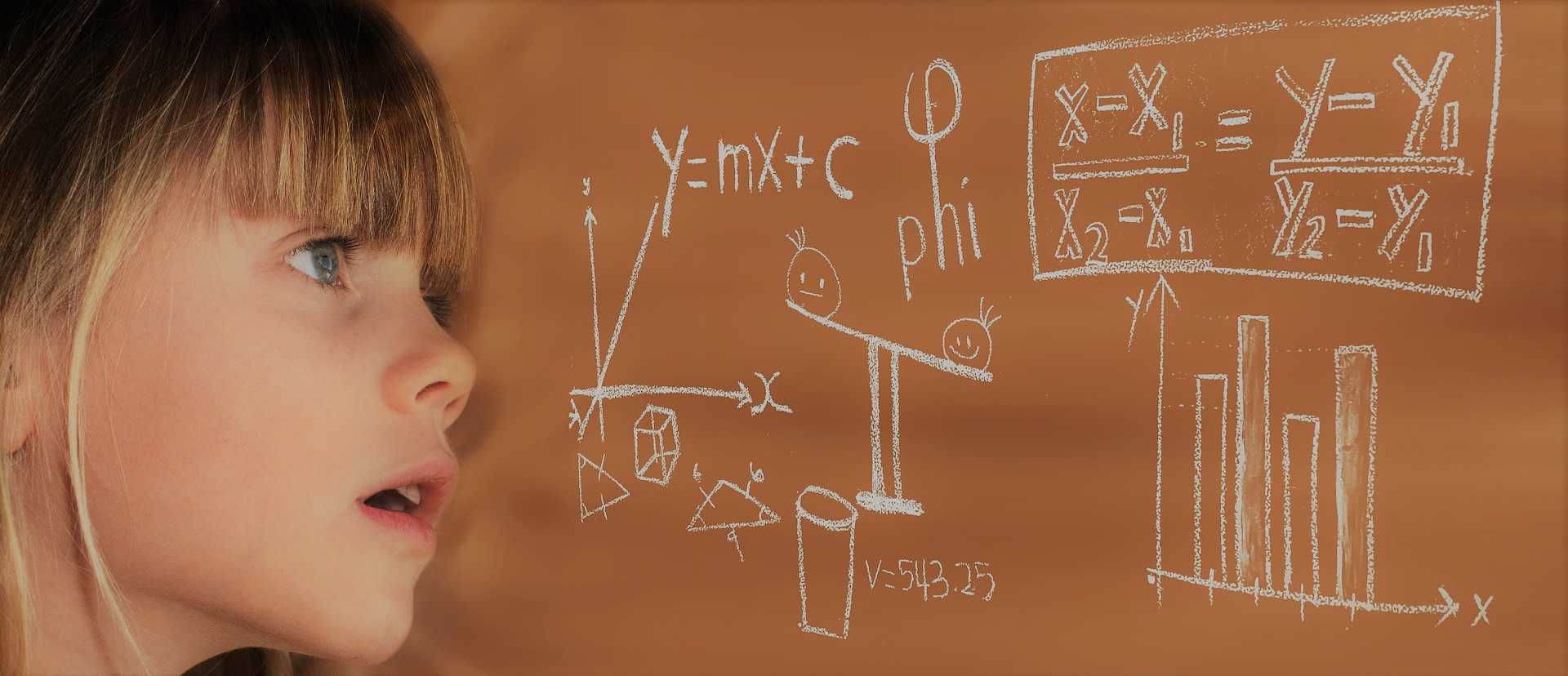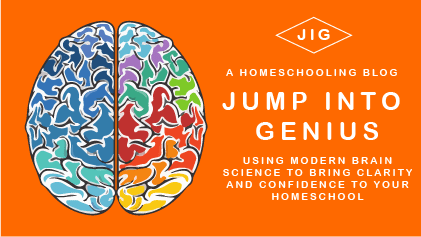
A math myth I hear frequently:
There are two species of humans, the math kind, and the not math kind. No amount of study will turn a non-math person into the other species. Lack of mathematical understanding is an inherited genetic characteristic hardwired into us and cannot be changed. Others are born knowing numbers and will intuitively understand them even when faced with bad instruction, nothing can stop their love and understanding of numbers because it is hardwired into their brains before birth.
Why we made up this myth:
It is comforting. It is an excuse. It allows non-math people to not try, to not feel stupid when they don’t understand something. It is an excuse to choose not to engage in the work of deeply understanding a new concept. It is just how they were made, and nothing they can do will change who they are. Anyone can be a non-math person if they don’t want to challenge themselves to think too hard. Also, a long time ago scientists thought intelligence was fixed. Perhaps back then this myth made sense. But now we know better.
Why the myth is damaging to our children and our society:
This is a great example of self-defeating beliefs. If you believe your actions don’t matter, that no amount of effort, contemplation, or practice will increase your understanding, then you don’t have to feel guilty for not trying. How many kids limit their possible vocations lists because of the level of math they will have to conquer in order to enter the profession? I have known many kids who chose careers or even changed majors in college, based on the belief that math should come quick, and when it doesn’t they will be forever stuck and are just not smart enough to be who they originally planned. This is how our culture thinks but it is an outdated view of both intelligence and ability. We know we have the power to grow our intelligence and our abilities, but that has not begun to permeate our cultural jargon, especially around math.
It also damages us as a society, because it changes how we teach children. We expect some of them to fail. We expect a bunch of them to not get it. We don’t expect the teacher to turn non-math kids into math kids. If we really believe this myth, what is the point of a teacher in the first place? If you are born a math person or non-math person than we don’t need math teachers. Math teachers have been around for thousands of years, I think if humanity, as a whole, did not need them, natural selection would have weeded them out by now! We need them immensely. We need them precisely because, if they are a great teacher, they can transform a child labeled as a non-math child, into a child labeled a math child. That relabeling changes and brightens the future of that child. Many new doors are opened because of this transformation.
My argument is that this labeling is wrong in the first place. We know the brain grows and changes. We know that the more time you spend practicing something, the easier it gets. We know that old theories of intelligence being fixed have been proven false by modern research in neuroscience. So why are we still holding on to this fallacy? Let’s get it out of the way and quit encouraging kids to believe that they can’t get it because they are just math-stupid. They can get it. If they believe they can get it, they will be much more willing to engage in that struggle, to walk through their own lack of understanding until it finally makes sense. But before they can believe in themselves, they need us to believe.
As a society, we need lots of kids who love math. Lots of kids who know they can be as good at math as they want to be. Lots of kids who are not afraid to fill the many high-tech jobs which require a deep understanding of numbers. Kids who can not only navigate the technology they grow up with, but who can keep building on technology in the future.



2 Responses
Math is basically understanding and practice. No one is born knowing it. A great way to get both is to play a game.
[…] Changing the World by Changing How we Talk about Math […]